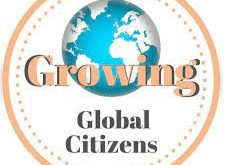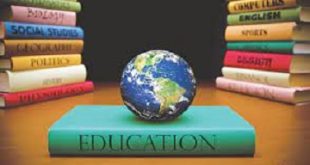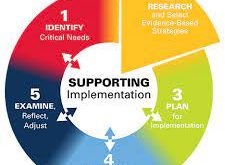Introduction:
Paulo Freire’s seminal work, “Pedagogy of the Oppressed,” stands as a cornerstone in the field of education, provoking profound reflections on the nature of teaching and learning. Published in 1968, the book transcends its historical context, offering a timeless exploration of education as a tool for liberation. This article delves into the key themes, revolutionary pedagogical concepts, and the enduring impact of Freire’s masterpiece.
1. The Banking Concept of Education:
At the heart of Freire’s critique lies the “banking concept” of education, where knowledge is deposited into passive students as if they were empty vessels. This dehumanizing approach to education, according to Freire, perpetuates oppression by disempowering learners and fostering a culture of silence. He calls for a shift from this oppressive model to a more liberatory form of education.
2. Problem-Posing Education:
Freire advocates for a pedagogy that transcends the traditional teacher-student dichotomy. He introduces the concept of problem-posing education, wherein teachers and students engage in a mutual dialogue to critically examine the world. This transformative approach encourages learners to become active participants in their education, co-creating knowledge and fostering critical consciousness.
3. Conscientization:
A key concept in “Pedagogy of the Oppressed” is conscientization, which refers to the process of developing critical awareness of one’s social reality. Freire argues that education should empower individuals to critically analyze their circumstances, recognize oppressive structures, and take conscious action to transform their reality. Conscientization becomes a powerful tool for liberation, breaking the cycle of oppression.

4. Dialogue as a Liberating Force:
Freire places immense importance on dialogue as the medium through which individuals can critically examine and collectively reshape their reality. Genuine dialogue, as opposed to monologue or mere exchange of information, becomes a liberating force, fostering a shared understanding of the world and promoting unity in the pursuit of social change.
5. Education as Liberation:
For Freire, education is not a neutral act but a political one with the potential to either reinforce or challenge societal structures. He envisions education as a means of liberation, an instrument for fostering humanization and dismantling oppressive systems. By empowering learners to critically engage with their world, education becomes a catalyst for social transformation.
6. Cultural Action for Freedom:
Freire emphasizes the cultural dimension of education, asserting that it must be rooted in the lived experiences and cultural contexts of the learners. He advocates for cultural action for freedom, wherein education becomes a dynamic process that respects and integrates diverse cultural perspectives, fostering a sense of identity and empowerment.
7. The Role of the Teacher:
In Freire’s pedagogy, the teacher is not a mere transmitter of knowledge but a co-investigator in the process of learning. The teacher’s role is to facilitate dialogue, pose generative questions, and guide learners in their critical reflections. This reimagined role emphasizes the teacher-student relationship as a partnership in the pursuit of knowledge and liberation.
8. Liberatory Praxis:
Freire introduces the concept of praxis, the fusion of theory and action, as essential for liberation. True education, in his view, involves a continuous cycle of reflection and action. Learners engage in praxis, applying their critical understanding of the world to transform it actively. This liberatory praxis becomes a vehicle for social change, breaking the chains of oppression.
9. Freire’s Influence Worldwide:
“Pedagogy of the Oppressed” has transcended its Brazilian origins to become a globally influential work. Freire’s ideas have resonated with educators, activists, and scholars across diverse cultural and educational contexts. His pedagogical approach has inspired movements for social justice and educational reform worldwide, shaping dialogues on the intersection of education and liberation.
10. Challenges and Criticisms:
While Freire’s work has garnered widespread acclaim, it has not been without its critics. Some argue that his ideas may be challenging to implement in certain educational systems, and there are concerns about the potential for idealism to clash with the practicalities of diverse learning environments. However, the enduring relevance of Freire’s concepts continues to fuel conversations around the necessary transformation of education.
Conclusion:
Paulo Freire’s “Pedagogy of the Oppressed” is a beacon that continues to illuminate the path toward a more just and equitable education. By challenging the status quo, questioning traditional power dynamics, and proposing a pedagogy rooted in liberation, Freire invites educators and learners to embark on a transformative journey. The enduring impact of this work lies in its ability to inspire not just theories but tangible actions, encouraging individuals to engage in a conscientious dialogue with their world and actively participate in the ongoing struggle for liberation through education. In Freire’s vision, education becomes a powerful instrument for dismantling oppression and fostering a world where every individual can realize their full human potential.


